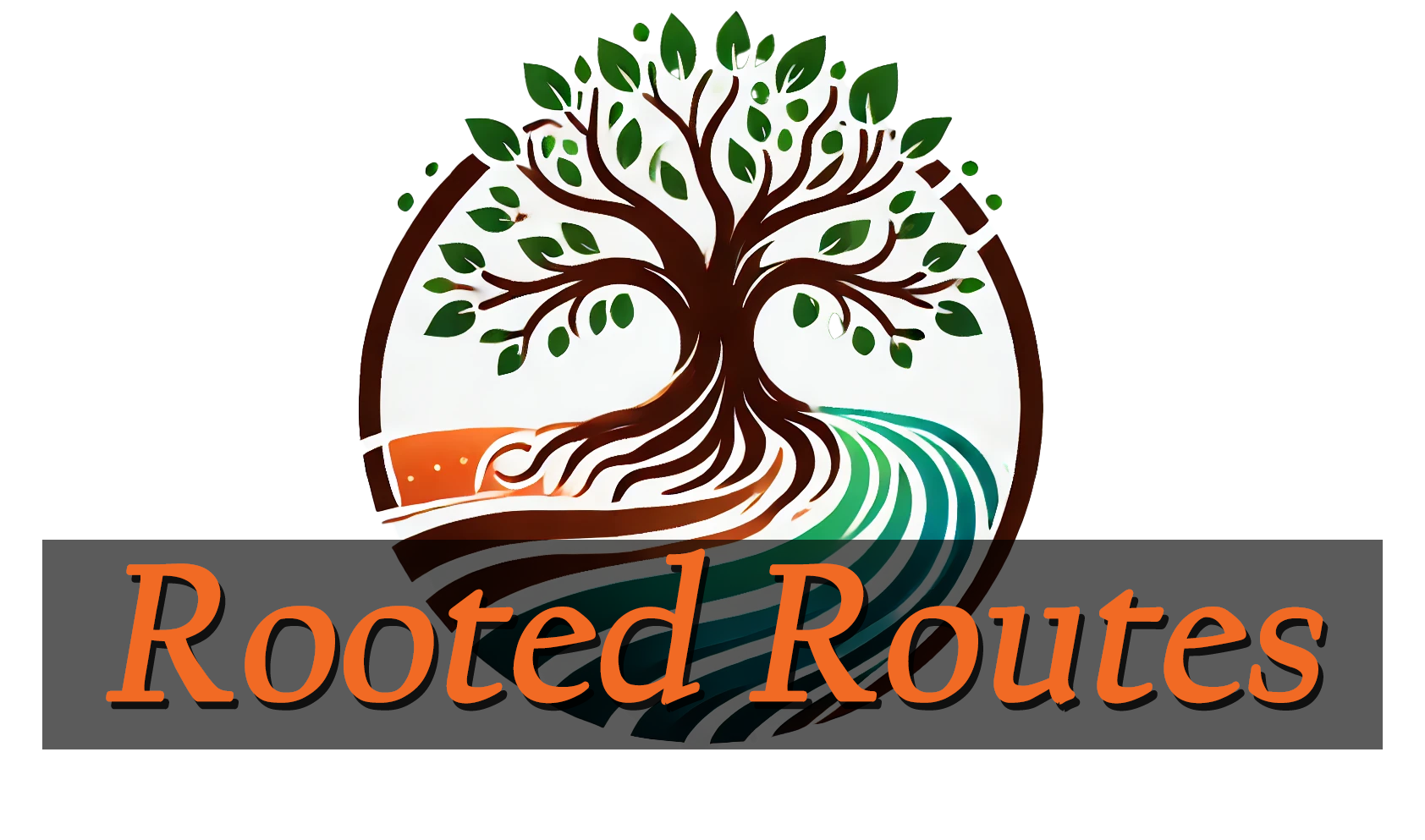Imagine living in a town where everything feels familiar; the streets, the people, the language. It’s a place where history feels alive in the traditions you grew up with and the customs you follow without a second thought. Then one day, you hear that new people are coming. A lot of them. They speak different languages, have different customs, and come from places you’ve only seen on the news.
At first, maybe you’re curious. But soon, the headlines pile up: stories about crime, warnings from politicians, and debates about whether your country can handle the influx. Fear creeps in. What if these newcomers don’t just blend into your community but change it completely? What if the traditions you hold dear_ your language, your holidays, your way of life; are replaced by something you don’t understand?
For someone who has lived in one place their entire life, this isn’t just a shift in population; it feels like a shift in identity. It’s not always about prejudice or hatred… it’s about fear of the unknown.
I try to imagine myself in their shoes, wondering how I’d feel if everything I recognized was suddenly unfamiliar. Maybe I’d resent the change, too.
I think about my friend who grew up in a small German town. He once told me how his parents felt uneasy seeing new immigrant families move into their neighbourhood. It wasn’t about hate; they were polite, even friendly, to their new neighbours, but deep down, they worried. “Will my grandchildren speak German?” he said. “Or will they grow up knowing more about another culture than our own?”
That fear isn’t unique to Germany. It exists wherever immigration challenges long-standing norms. And while it’s easy to dismiss those fears as ignorance, there’s more to it. It’s about feeling like the world you knew is slipping away, and you don’t know what will replace it.
I’ve seen how the media amplifies these fears. Headlines about crimes committed by immigrants dominate the news, making it hard to see the bigger picture. Even though most immigrants work hard, contribute to the economy, and want nothing more than to build a better life, those stories rarely make the front page. Instead, the focus stays on the negative, reinforcing stereotypes that make integration even harder.
As an immigrant myself, I’ve felt the sting of those stereotypes. I remember my first year in Germany, standing on a train and offering my seat to an elderly woman, a gesture of respect where I come from. But instead of gratitude, she glared at me and muttered a word I didn’t understand at first. When I realized she’d called me an idiot, I was stunned. I wasn’t trying to take anything from her. I was holding onto the values I was raised with.
And yet, I also try to understand the perspective of someone like her. If all you’ve ever known comes from the headlines about immigrants “taking jobs” or “imposing their culture,” wouldn’t you feel uneasy too? For someone like her, immigration might feel less like an opportunity and more like a loss; a loss of the familiar, the safe, the known.
But here’s the thing: fear of change doesn’t justify shutting others out. While it’s human to feel uneasy about the unknown, it’s also human to grow, to adapt, and to make space for new stories alongside old ones. As immigrants, it’s on us to show that we’re here to add, not take away. Learning the language, respecting local customs, and contributing to the community are ways to bridge the gap.
At the same time, it’s on host communities to look beyond the headlines. Not every immigrant is a threat, and not every change is bad. Diversity doesn’t erase tradition; it enriches it. But that understanding doesn’t come easily; it takes conversations, connections, and a willingness to see each other as people, not problems.
So, the next time someone says, “Go back to your country,” I try to remember that they’re scared, too, maybe not of me, but of losing something they love. And while I can’t erase their fear, I can choose not to carry bitterness.
